2 August 2021
Anna-Nicole Heinrich
Video address on the European Holocaust Remembrance Day for Sinti and Roma August 2, 2021
Dear Chairman Romani Rose, Ladies and Gentlemen,
Today is the European Holocaust Memorial Day for Sinti and Roma. It commemorates the inconceivable suffering and inhuman cruelty inflicted on Sinti and Roma. Tens of thousands of them were murdered in the gas chambers of Auschwitz-Birkenau, countless became victims of the Holocaust in Nazi-occupied Europe.
Today is a day of lamentation. It carries the cries, the weeping, the despair of the people about the the despair of the people about the suffered injustice up to the genocide to us, into our time.
We mourn with you for the murdered women and men, children and old people. We lament the monstrosity with which human lives were systematically destroyed. And mourn for everything that was done to people because they were marked as different and foreign, marginalized and persecuted.
We sympathize with the wounds that your daughters and sons, grandchildren and granddaughters still carry within them to this day. And we, as the Evangelical Church in Germany, would like to thank today’s community of Sinti and Roma: Because you have opened our eyes to the fact how difficult it is to belong to a minority that many people still encounter with massive prejudice.
Therefore, this day of lamentation is also connected with a great obligation for the present and future.
Because antiziganism is still a major problem for society as a whole in Germany. This is the shocking conclusion reached by the report of the Independent Commission on Antiziganism, which was commissioned by the German Bundestag and presented at the beginning of June.
We assure you, as we did last year during our joint visit to Auschwitz: As the Protestant Church in Germany, we will stand together with you for our democratic constitutional state in the face of increasing racism and nationalism – against antiziganism, anti-Semitism and all forms of racism. This also includes educational work: education about the history of the Sinti and Roma and about their recognition as a national minority. And it includes raising awareness about what the causes and effects of antiziganism are.
In doing so, we also look at ourselves. We want to work actively to ensure that Sinti and Roma can participate in our churches and in our society on an equal footing – and even more: that this also becomes perceptible and visible. It is important to counter any anti-Gypsy prejudice in a concrete way. This is an important learning experience for all of us.
That is why we support the important work of the network “Sinti and Roma and Churches”, especially in the areas of education, media and remembrance work. This is also an obligation for us, but above all, we would like to tell you explicitly, we experience this cooperation as a great gift. For this we thank you from the bottom of our hearts
Statements 2021
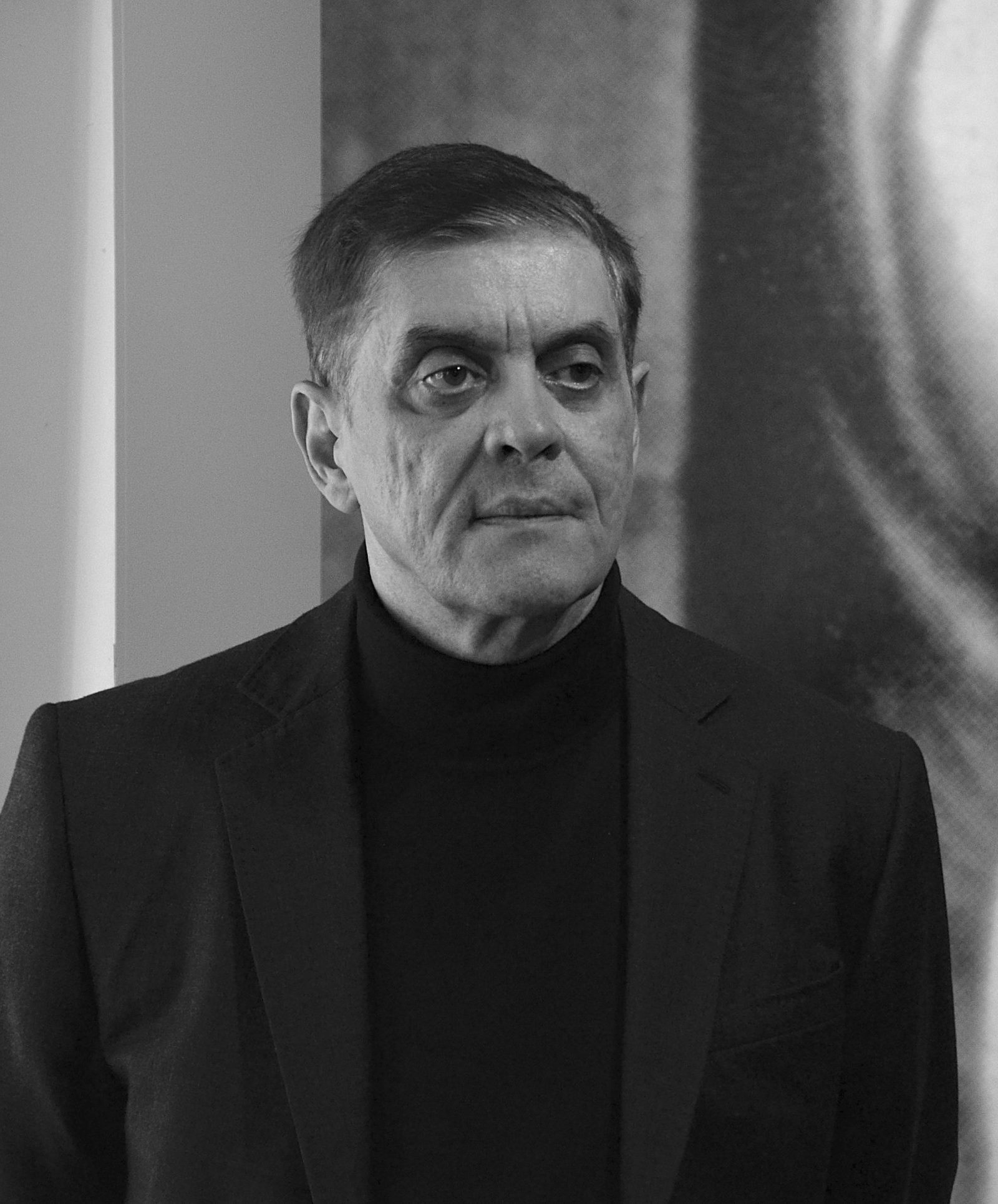
Romani Rose
Chairman of the Central Council of German Sinti and Roma
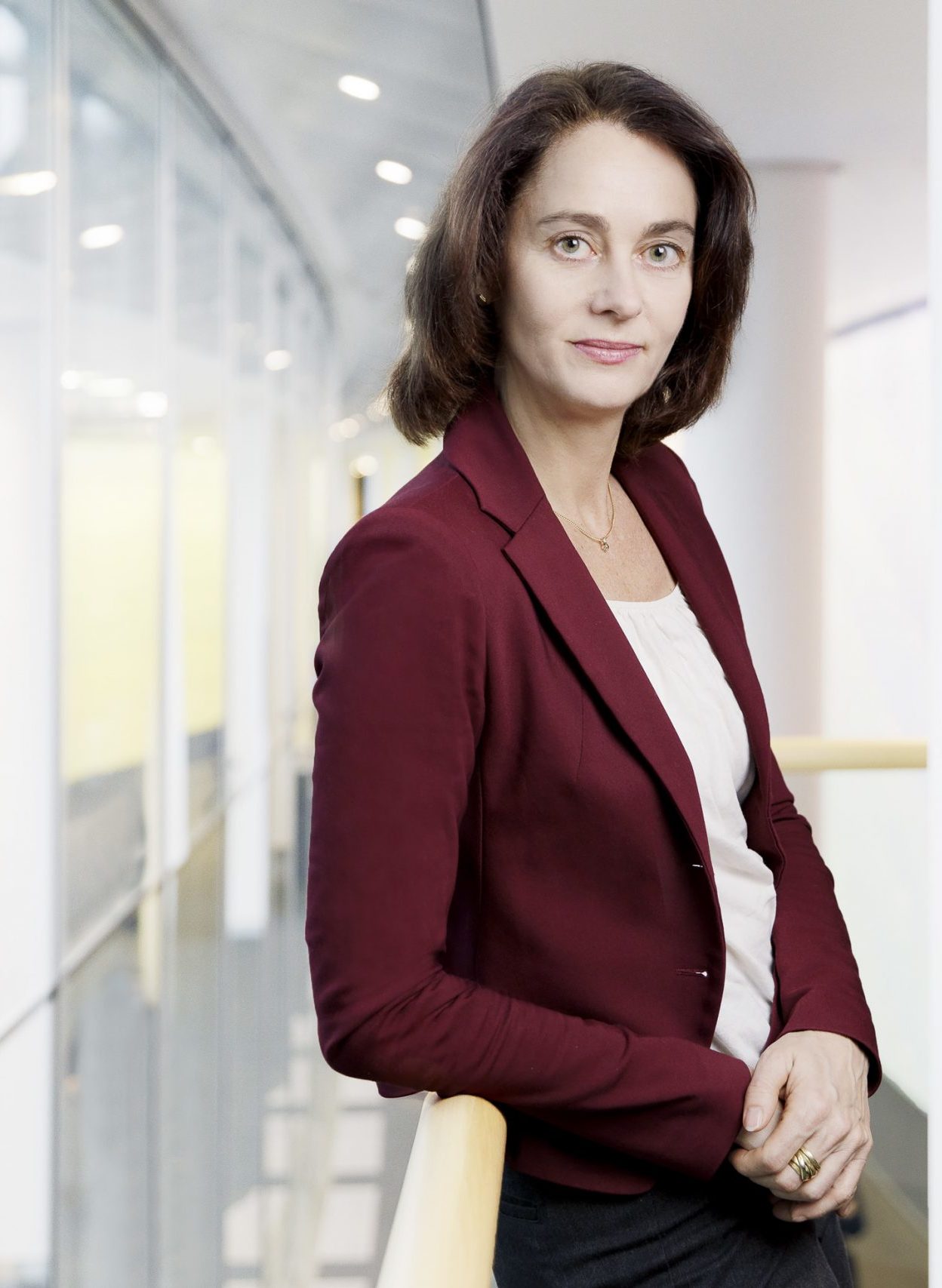
Katarina Barley
Vice President of the European Parliament

Helena Dalli
European Commissioner for Equality
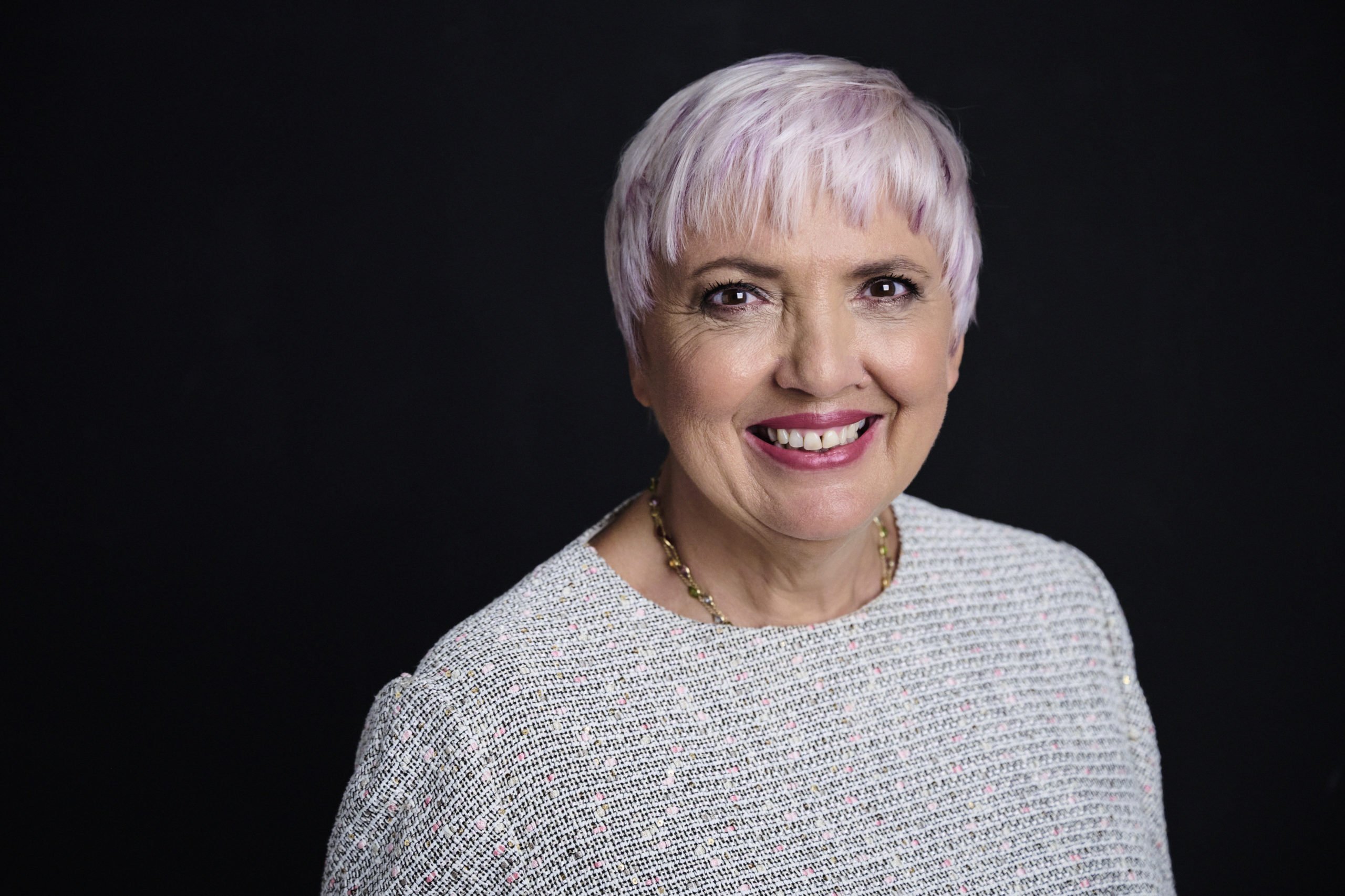
Claudia Roth
Vice President of the German Bundestag
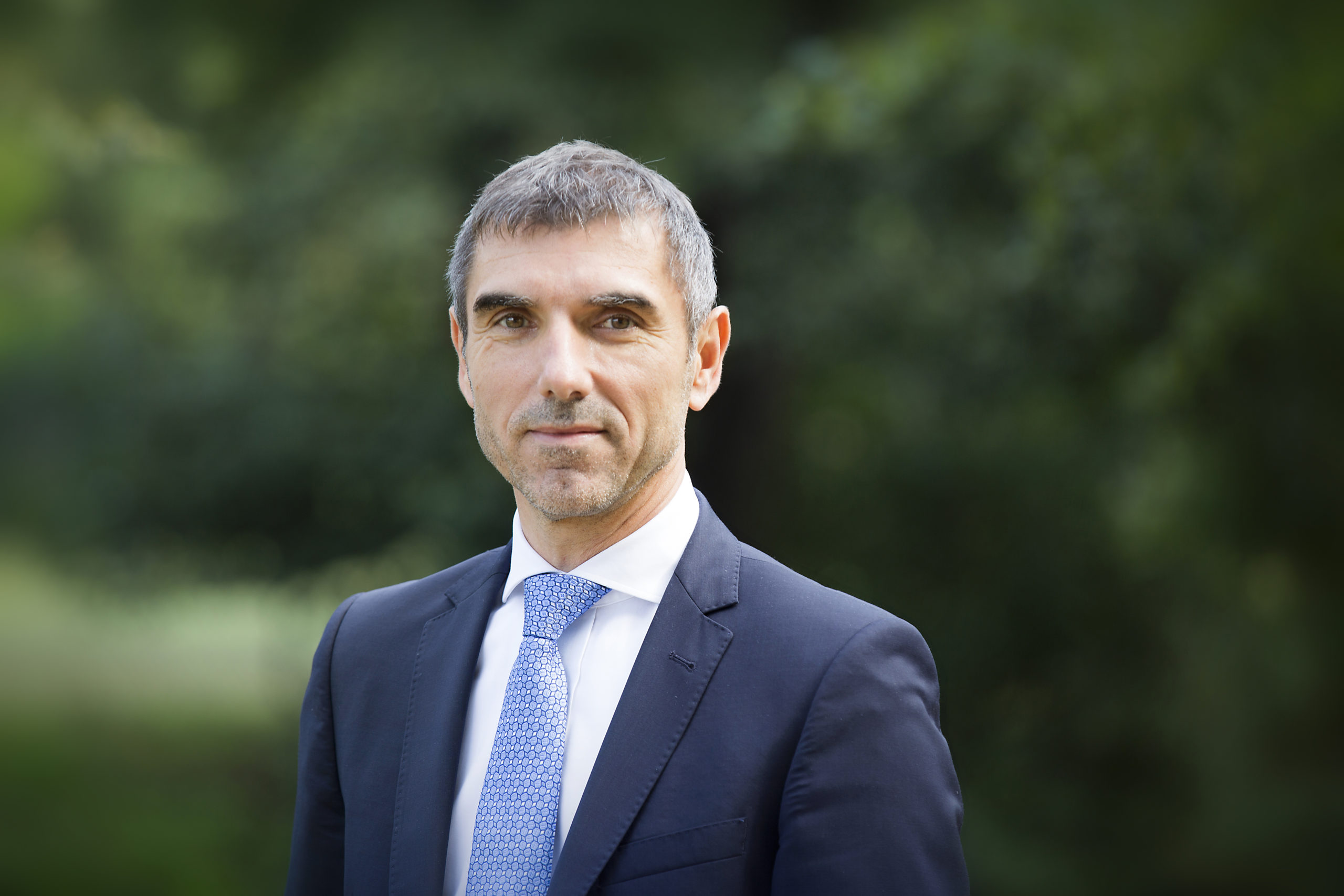
Paul Blokhuis
Dutch State Secretary Paul Blokhuis
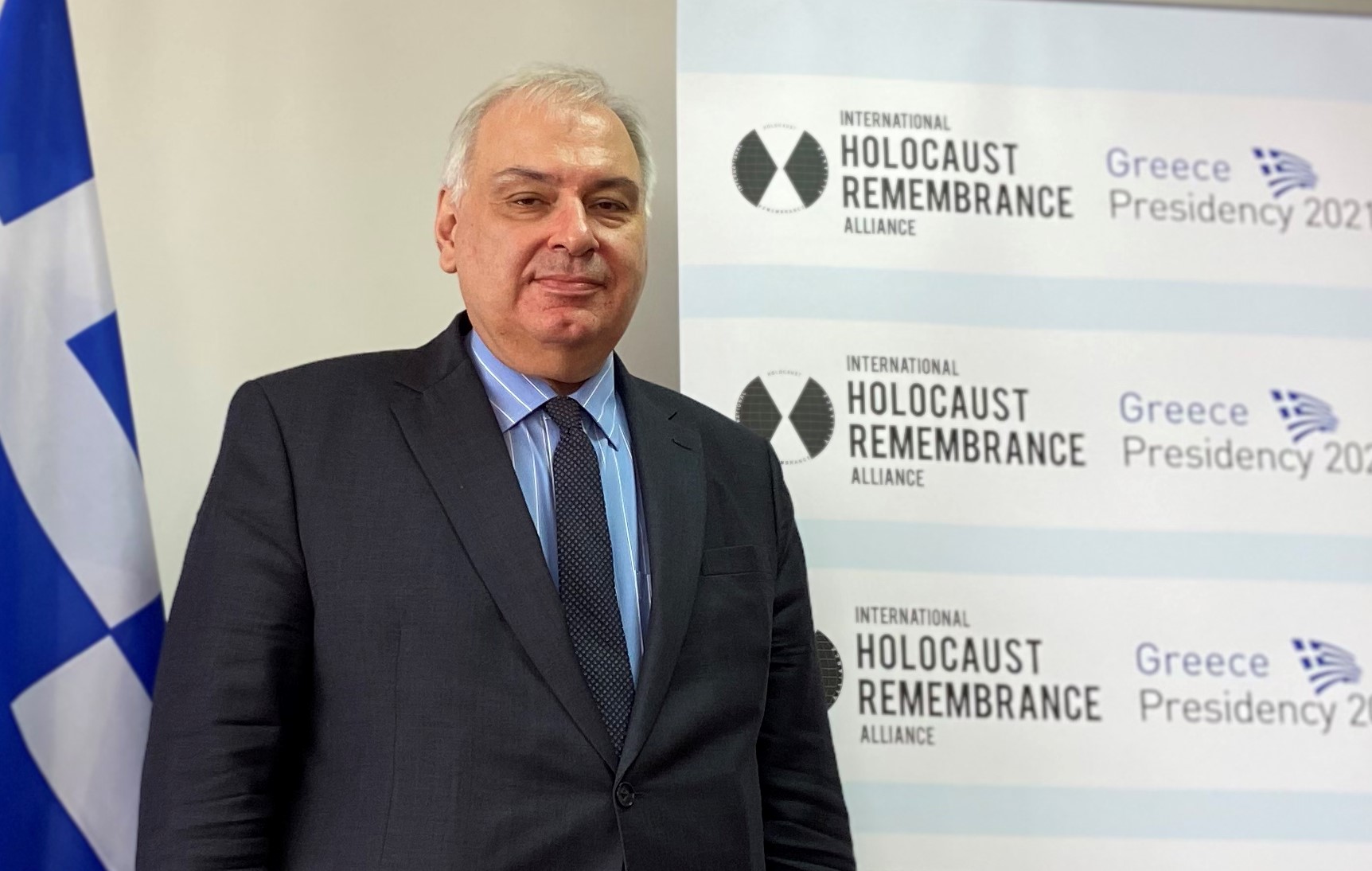
Chris J. Lazaris
Amb. Chris J. Lazaris, IHRA Chairman
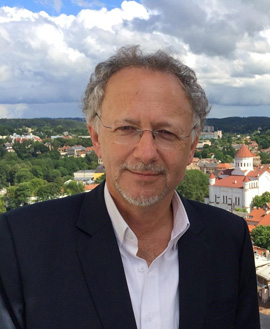
Fernand des Varennes
UN Special Rapporteur UN minorities
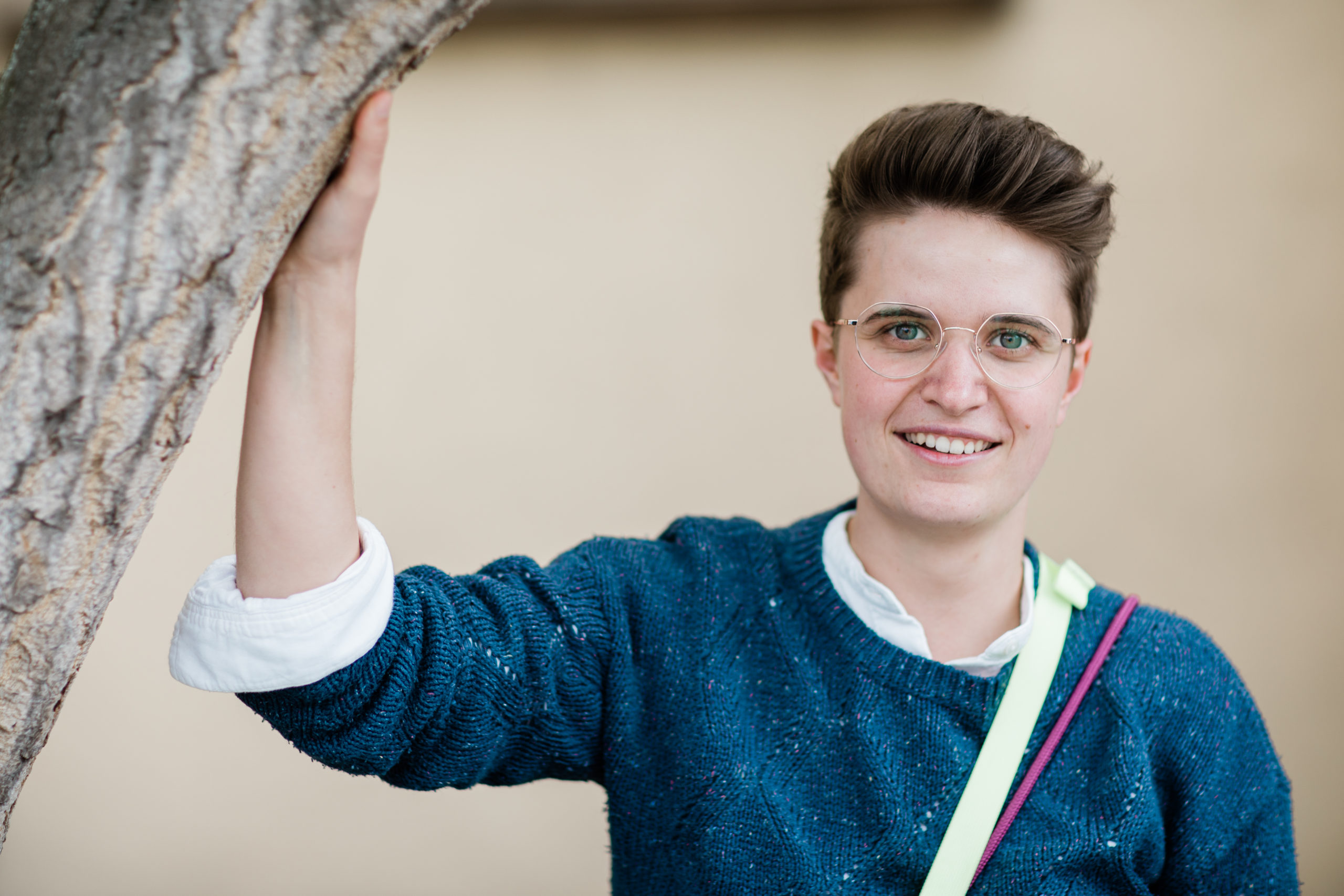
Anna-Nicole Heinrich
President of the Synod of the Evangelical Church in Germany (EKD)

Justin Trudeau
Prime Minister of Canada
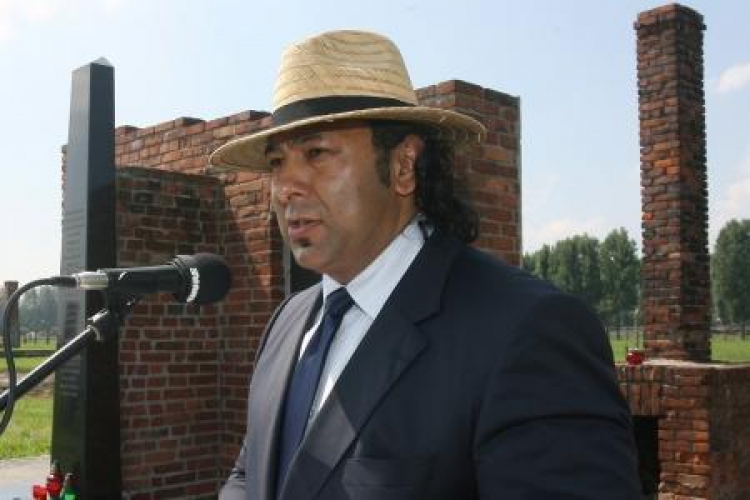
Roman Kwiatkowski
Chairman of the Association of Roma in Poland
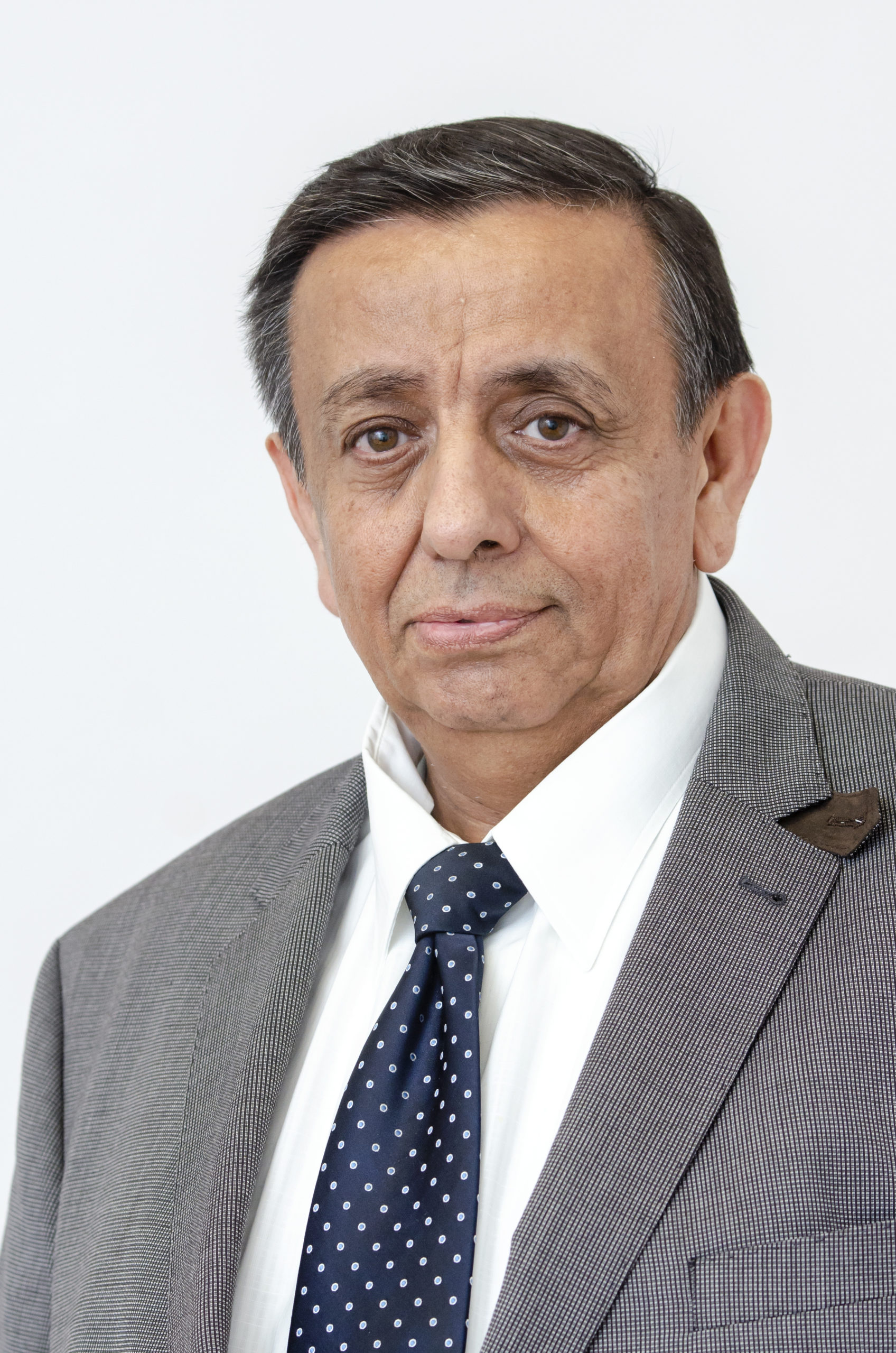
Erich Schneeberger
Deputy Chairman of the Documentation and Cultural Center of German Sinti and Roma and Chairman of the Association of German Sinti and Roma
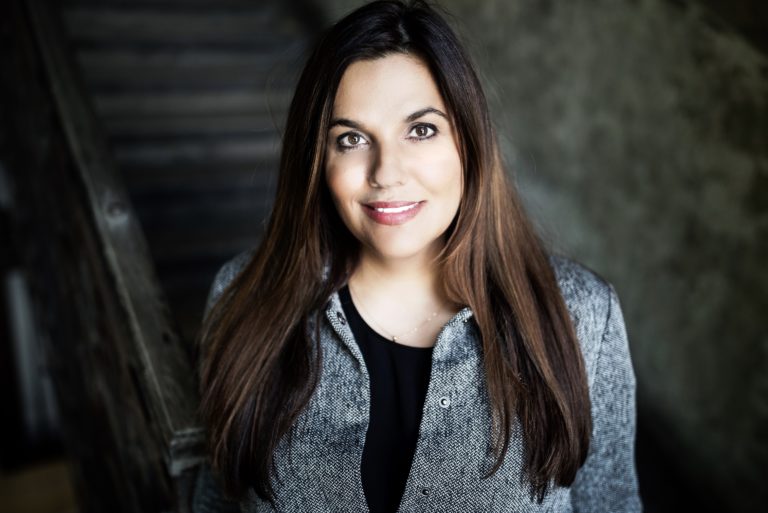
Timea Junghaus
Executive Director
European Roma Institute for Arts and Culture (ERIAC)
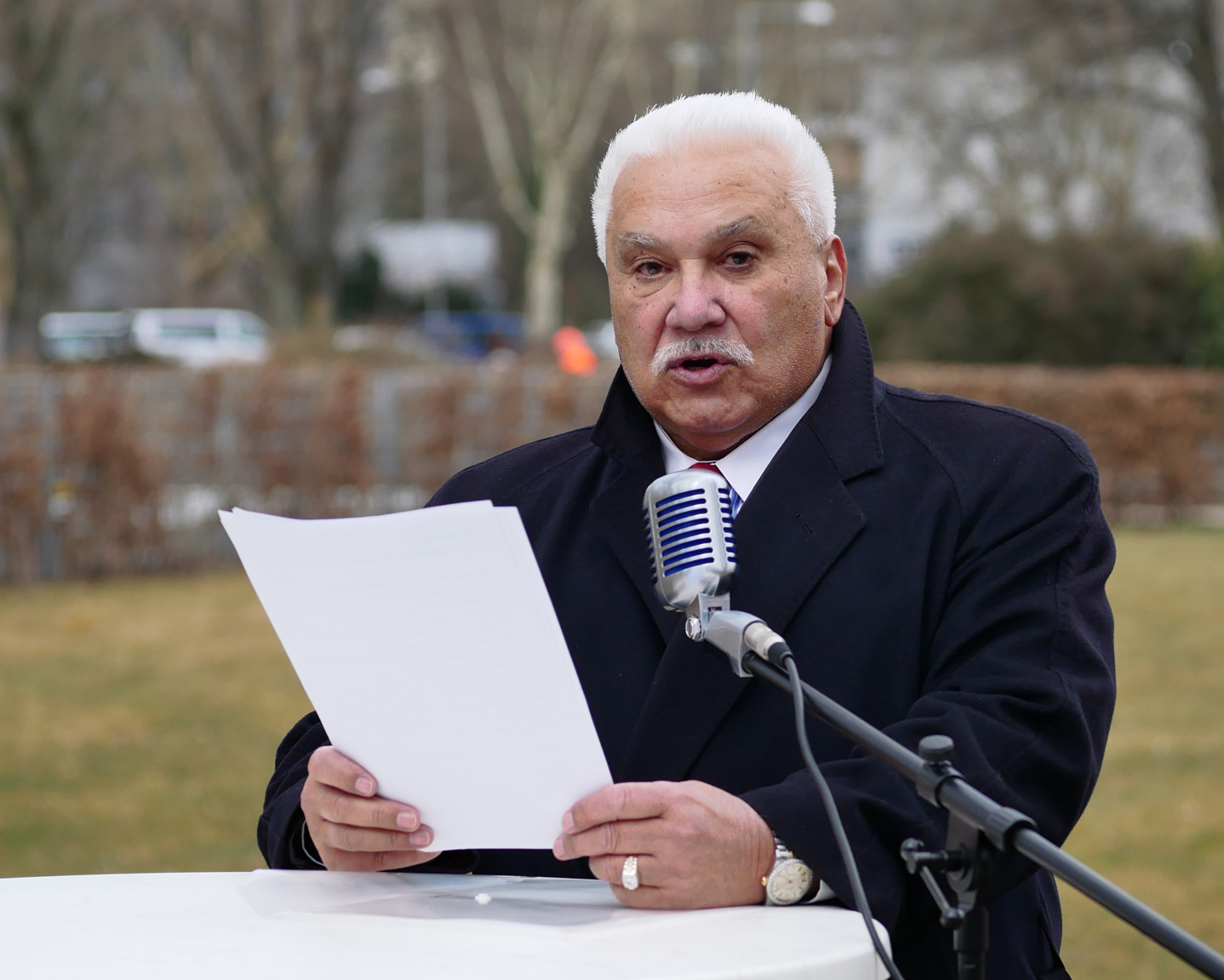
Adam Strauß
Chairman of the Council of German Sinti and Roma in Hesse
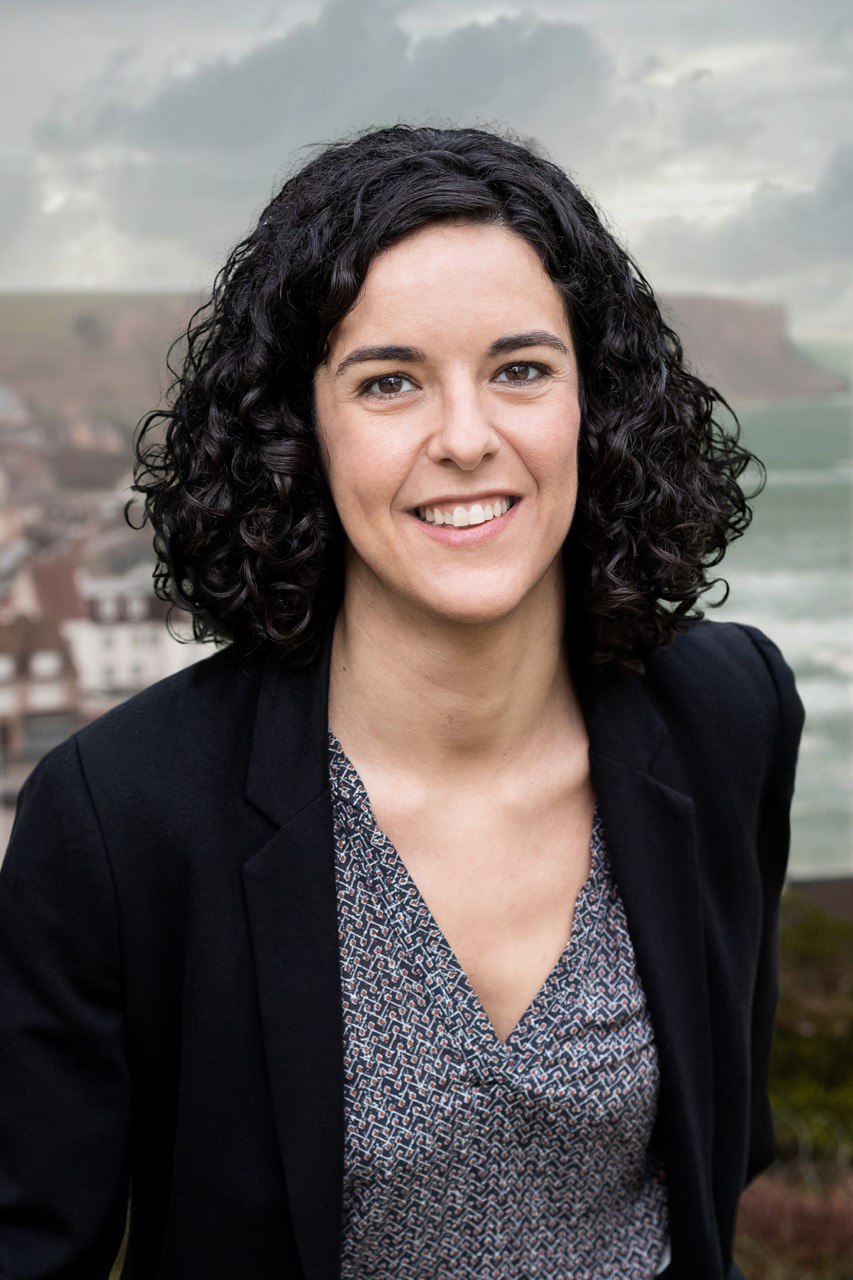
Manon Aubry
Manon Aubry, MEP
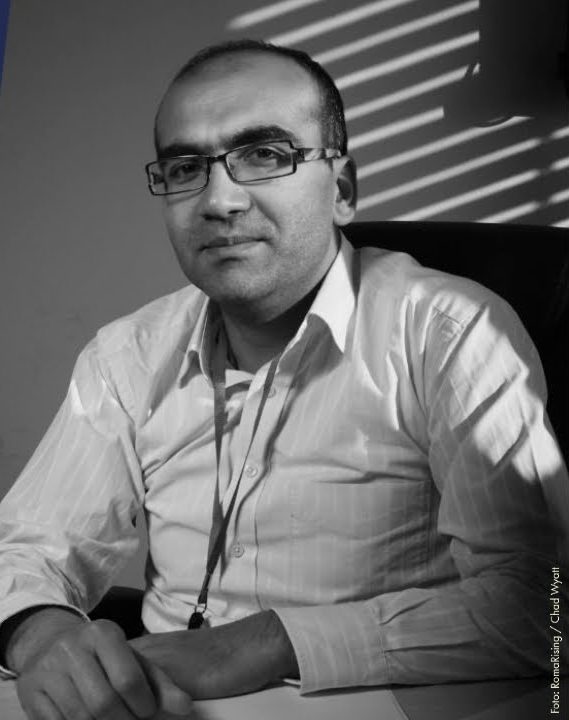
Adrian-Nicolae Furtuna
Historian at the University of Bucharest
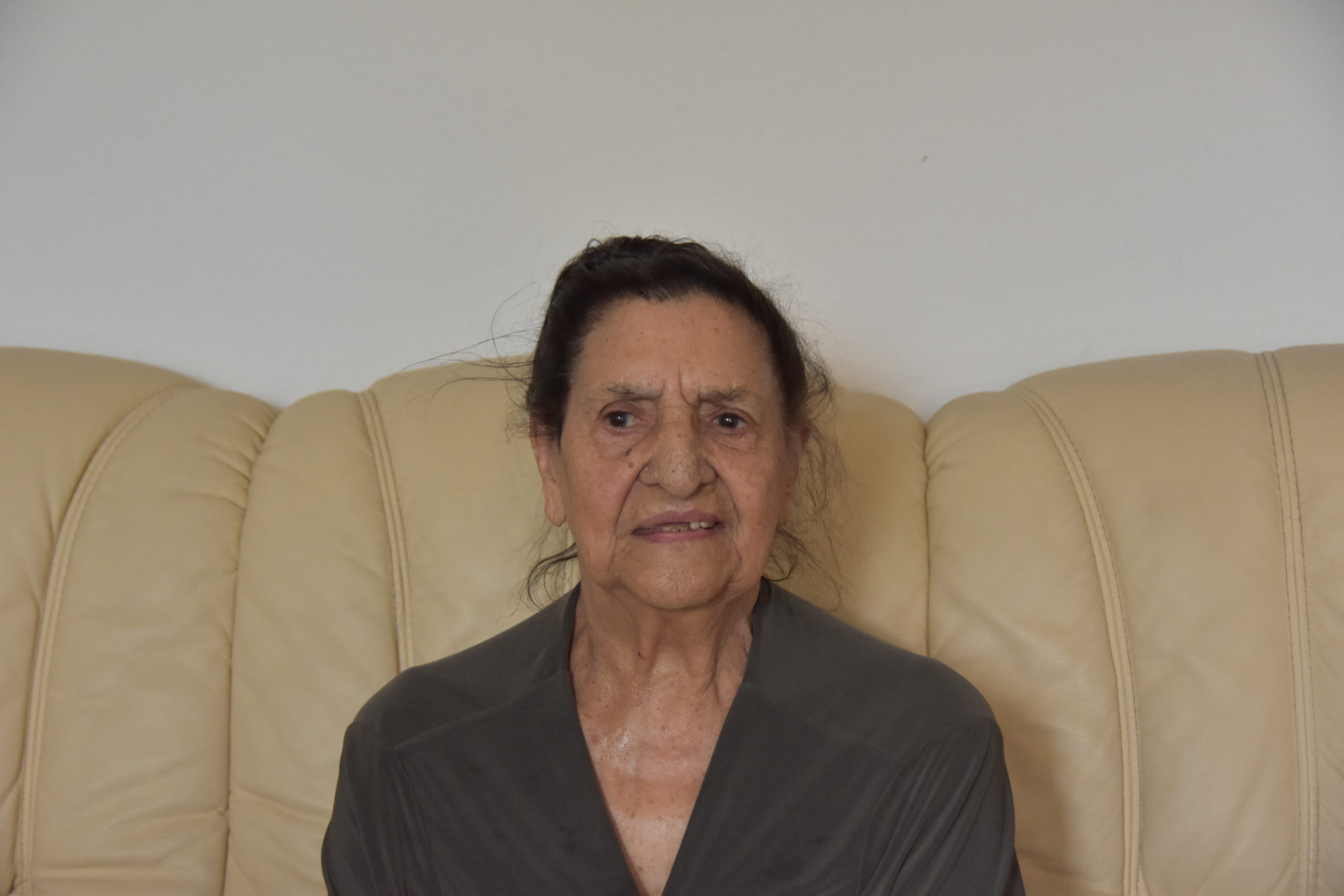
Philomena Franz
Holocaust Survivor

Angelina Kappler
German former Weinkönigin
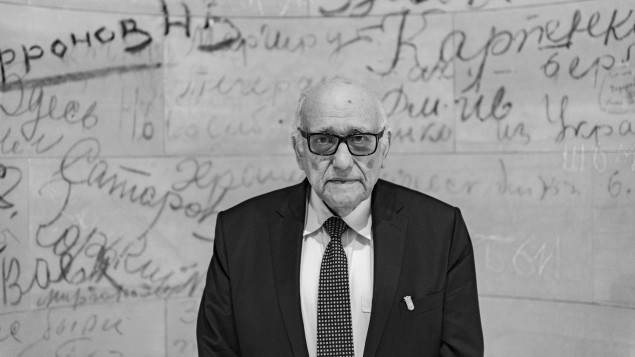
Marian Kalwary
Chairman of the Association of Jews,
Survivors and Victims of the Second World War
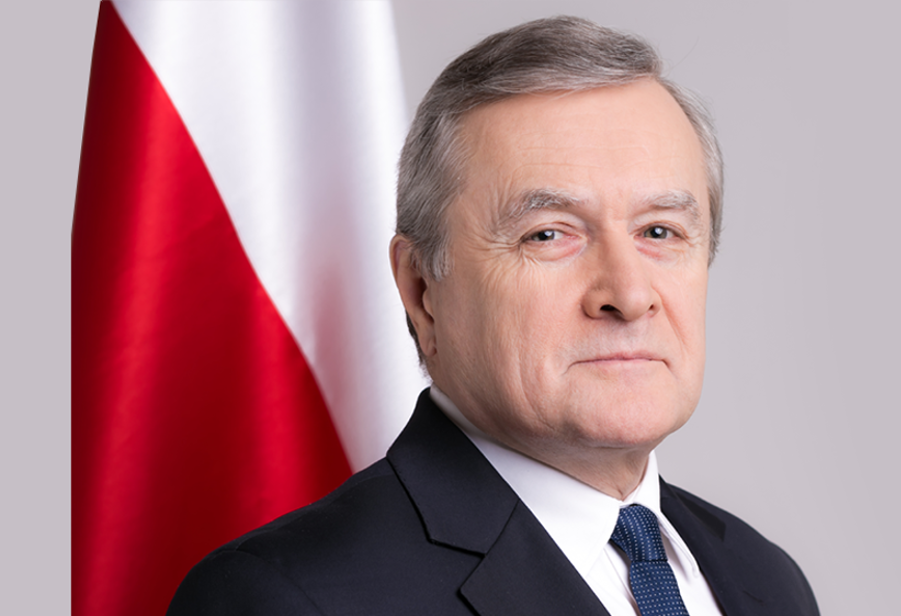
Piotr Gliński
First Deputy Prime Minister and the Minister of Culture and National Heritage of Poland

Izabela Tiberiade
Young Activist from Sweden
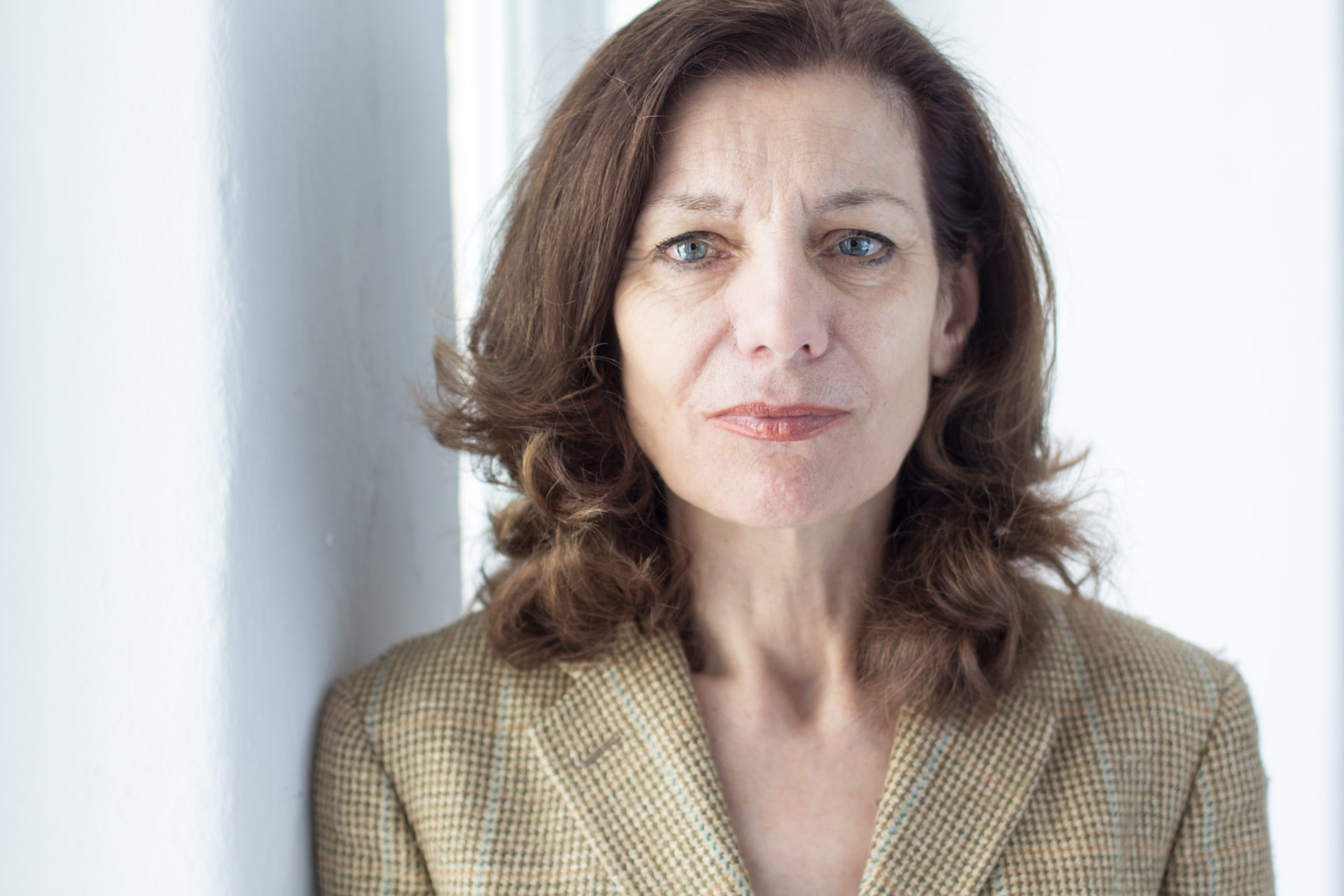
Ursula Krechel
Writer
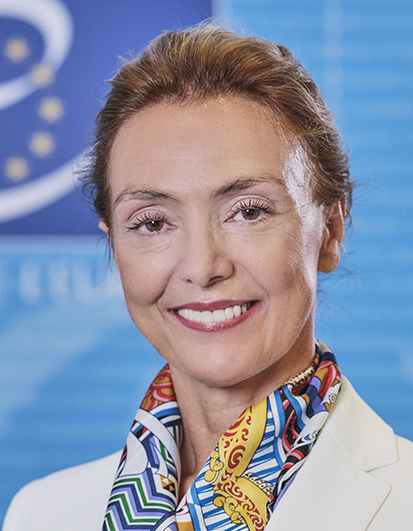
Marija Pejčinović Burić
Secretary-General of the Council of Europe
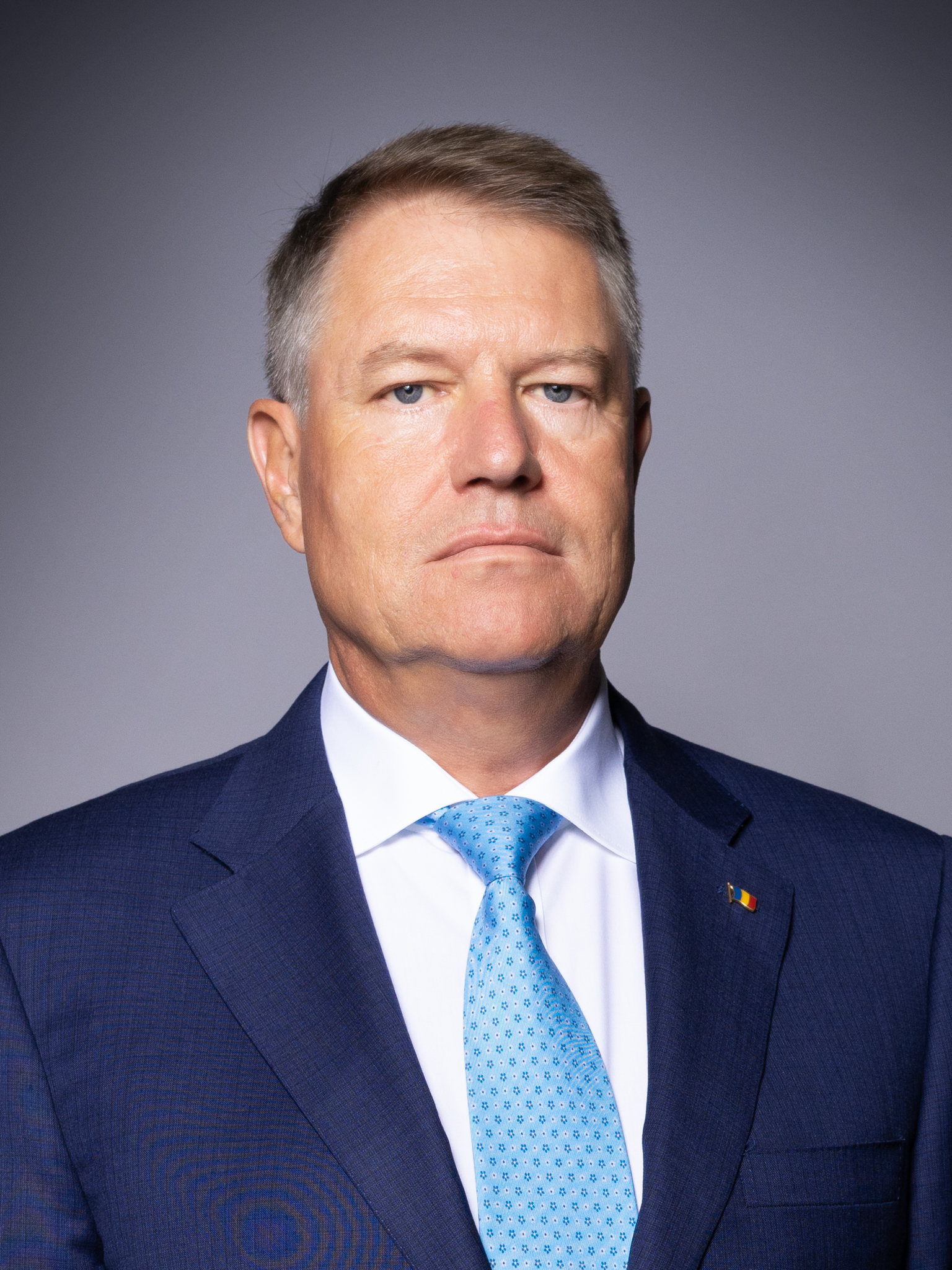
Klaus Iohannis
President of Romania










